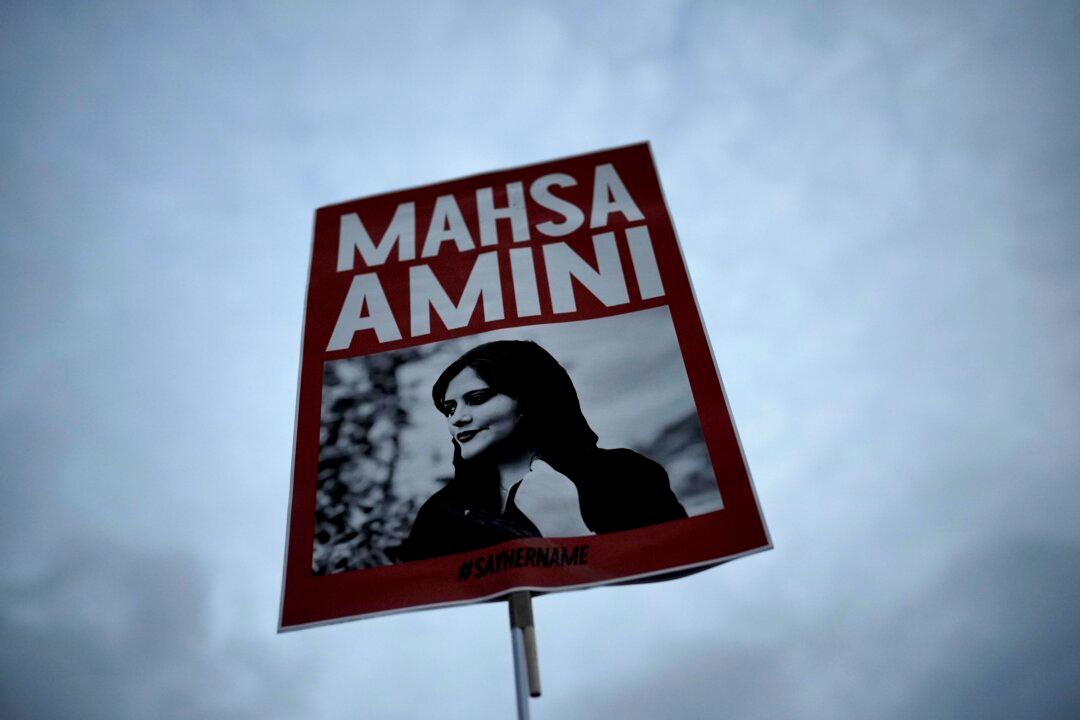The European Union on Monday announced sanctions on Iran for the death of 22-year-old Mahsa Amini while in the custody of the regime’s so-called morality police and its violent response to demonstrations.
The sanctions target law enforcement and local chiefs for their roles in brutally suppressing protests, including two key figures of the regime’s so-called morality police, Mohammad Rostami and Hajahmad Mirzaei.





